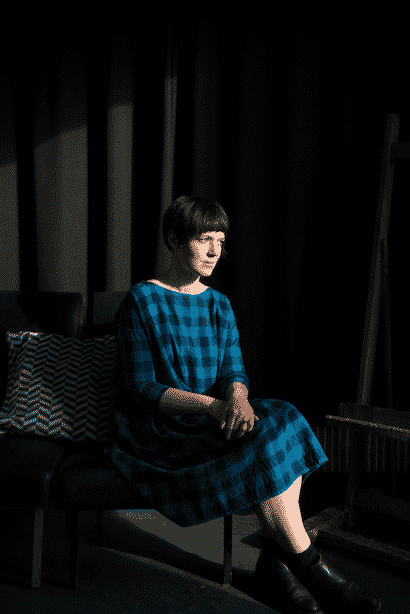As part of the Institute of Modern Art’s Making Art Work initiative, Sydney-based arts writer, Mariam Arcilla presents Interno, a new podcast or a ‘time capsule’, where she speaks to artists across the world on art and activism during the global pandemic.

Spanning Australia, North America and Asia, Interno is a four-part series podcasts where Arcilla chats to a different artist every fortnight: artists/designers Sari-Sari Studio (NYC) – 19 June, Sara Morawetz (New Mexico) – 3 July, Sezzo (South Korea) – 17 July, and Bianca Mavrick (Brisbane) – 31 July. “We’ll be exploring nowness-based and enduring issues that include social activism during lockdown, surviving coronavirus, BIPOC solidarity, itinerant artsmaking, and club music theory,” shares Arcilla.

When the pandemic first hit and the world did a Mexican wave of lockdowns, the lights turned off at galleries in every country. Arcilla, like most in the industry, began to consider how art could continue to be presented, and how initiative mediums could connect us beyond our personal lockdown state. “I wanted to produce a project that would capture the collective introspection that artists are feeling during this surreal period,” Arcilla shares.

Arcilla has been listening to podcasts for a decade— she had long realised the power of listening to the way people tell stories, but it was lockdown that brought her own project to life. Together with the Institute of Modern Art in Brisbane who provided funding for Interno as part of their Making Art Work initiative, Arcilla was able to commit time and resources to trial the podcast and allowed the writer to pay the artists for their contribution. “Artists keep the world in motion, and as an artworker, my job is to find ways to help artists achieve that vision,” she adds.
Interno acts as a medium to provide the future with the conversations taking place in this (hopefully) once-in-a-lifetime event, while also connecting with their audience today and inspiring creativity beyond the pandemic. Arcilla speaks with artists about creating in this time, why some have stopped, what they have learnt. “It’s also important to hear their visions for a meaningful post-pandemic future, especially because one of the artists is recovering from coronavirus, another artist moved overseas just as the pandemic hit, while others have used art as activism during the BLM protests,” Arcilla reflects.
Arcilla hopes that these episodes can be a way for her audiences to feel less alone and discover the transformative moments of connection through social distances. By using podcasts, she allows us access to the raw, intimacy of listening to artists and design, which can express real-time ideas or feelings of loneliness, growth or self-reflection.
“It’s fascinating to be invited into the frank and solitary world of these artists as they engage you in shared laughter or exasperation, or as they take considered pauses or admit things that they wouldn’t normally say to strangers,” Arcilla considers. “I wanted to capture these moments of psychic energy and connection through oral conversations, especially during a time where it’s still rare to meet with people face to face.”